How Dentists Help with Jaw Pain and TMJ Issues?

Understanding TMJ Disorder
TMJ disorder, commonly referred to as temporomandibular joint disorder, affects many individuals and can result in a variety of symptoms. Understanding the causes and symptoms is critical for those seeking relief and treatment options.

Causes of TMJ Disorder
TMJ disorder can arise from several factors, including:
These causes can lead to a range of symptoms including jaw pain, stiffness, headaches, earaches, and difficulty chewing (Island Dental).
Symptoms of TMJ Disorder
Individuals experiencing TMJ disorder may notice various symptoms, including:
Awareness of these symptoms is essential in recognizing TMJ disorder and seeking appropriate treatment. For those experiencing jaw pain or discomfort, consulting a dental professional can provide valuable insight and assistance in managing these issues.
Diagnosis and Evaluation
Diagnosing TMJ disorder involves a series of tests and evaluations performed by dental professionals. Understanding these procedures helps in identifying the condition accurately and ensuring appropriate treatment.
Tests for TMJ Disorder
Dentists conduct various examinations to determine if a patient has TMJ disorder. Common tests include:
These procedures are essential in assessing the joint’s health and identifying any dysfunction. According to Niguel Coast Oral & Facial Surgery, dentists can perform these tests during a routine visit, making TMJ evaluation a seamless part of dental care.
Imaging Studies for Diagnosis
For a comprehensive diagnosis, dentists may recommend imaging studies, which can include:
Often, TMJ arthroscopy is also suggested. During this procedure, a thin tube is inserted into the joint space for direct visualization using a small camera, which aids in diagnosing TMJ disorders (Mayo Clinic).
Understanding how dentists diagnose TMJ issues is crucial for effective treatment. Individuals experiencing symptoms of TMJ disorder should consult dental professionals. For more information on how dentists can help with jaw pain and TMJ issues, refer to our complete guide.
Treatment Options for TMJ
When dealing with jaw pain and TMJ issues, several treatment options are available. These can be categorized into lifestyle changes and home remedies, as well as medical interventions that may be necessary for more severe cases.
Lifestyle Changes and Home Remedies
Making specific lifestyle adjustments can greatly help in managing TMJ dysfunction. Effective therapies can lead to a resolution of the disorder, providing significant relief (Cleveland Clinic). Some recommended lifestyle changes and home remedies include:
It is important to note that while home remedies can be beneficial, severe discomfort should prompt a visit to a dentist or healthcare provider for professional evaluation and treatment.
Medical Interventions
For some individuals, symptoms of TMJ disorders may resolve without treatment. However, if symptoms persist, medical intervention may be necessary. Common medical approaches include:
By exploring a combination of lifestyle changes, home remedies, and medical treatments, individuals can find relief from jaw pain and TMJ issues. For more detailed guidance on dental care and treatments, check out links like how dentists help with jaw pain and tmj issues or how to find an affordable dentist without insurance.
Dental Professionals and TMJ
The management of TMJ disorders requires the expertise of trained dental professionals. General dentists play a crucial role in diagnosing and treating jaw pain and TMJ issues.
Role of General Dentists
General dentists are dental professionals knowledgeable in how the jaw functions and are experts in addressing TMJ disorders. They provide patients with a variety of treatment options to alleviate TMJ pain. According to the American Dental Association, diagnosis is an essential step before treatment, which includes a dental examination to assess joints and muscles for issues such as tenderness, clicking, or difficulty moving.
Assessment MethodPurposeDental ExaminationCheck for joint tenderness or dislocationImagingEvaluate joint structure when necessary
General dentists can recommend various approaches tailored to individual needs. These may include lifestyle changes, stress-relief techniques, and the use of oral appliances.
Treatment Approaches by Dentists
General dentists employ multiple treatment strategies for TMJ disorders, focusing on easing symptoms and improving jaw function. Some common treatment methods include:
Through these various methods, general dentists play an essential part in managing jaw pain and TMJ disorders. For individuals experiencing TMJ issues, consulting a general dentist can offer important insights and solutions tailored to their specific challenges.
Exercising and Strengthening
In managing TMJ issues, exercising and strengthening the jaw can play a crucial role in alleviating discomfort and restoring function. Specific exercises can help relax muscle tension and improve jaw mobility. Self-care techniques also contribute to better management of symptoms.
Jaw Muscle Exercises
Jaw muscle exercises are designed to improve strength and flexibility in the jaw area. These exercises may include:
It is advisable to consult with a healthcare professional before initiating these exercises to ensure safe and appropriate practices for specific conditions (Mint Dental MN).
Self-Care Techniques
In addition to jaw muscle exercises, self-care techniques can be beneficial in managing TMJ pain. These methods may include:
While these self-care measures can provide relief, persistent discomfort should prompt a visit to a healthcare provider or dentist for professional assessment and treatment.
Alternative Therapies for TMJ
Individuals experiencing jaw pain and TMJ issues may consider alternative therapies as part of their comprehensive treatment plan. These options can complement traditional medical interventions, offering additional paths toward relief and improved quality of life.
Cognitive Behavioral Therapy
Cognitive behavioral therapy (CBT) is a form of psychotherapy that can help individuals manage the psychological aspects of TMJ disorders. Research indicates that CBT, along with biofeedback techniques, has shown effectiveness in helping manage temporomandibular disorders and associated symptoms (NIDCR). This therapeutic approach focuses on the relationship between thoughts, feelings, and behaviors, allowing patients to develop coping strategies that can reduce stress and tension contributing to jaw pain.
Through guided sessions with a trained therapist, patients can learn techniques to change negative thought patterns and behaviors that exacerbate pain. This can lead to improved management of TMJ symptoms, enhanced emotional well-being, and reduced discomfort.
Complementary Treatments
Complementary therapies may also be beneficial for individuals dealing with TMJ disorders. While evidence of their effectiveness can be limited, some patients find these treatments helpful in managing pain and discomfort. Some options include:
While these treatments can provide relief, it is essential for patients to discuss them with their healthcare provider to ensure appropriate and safe integration into their overall treatment plan.
In addition to these therapies, relaxation techniques can also play a supportive role in managing TMJ pain. Techniques such as deep breathing exercises, meditation, and gentle stretching can help reduce muscle tension in the jaw and surrounding areas (Roswell Dental Smiles).
For more information on how dental professionals can assist with TMJ issues, please refer to our section on how dentists help with jaw pain and TMJ issues.
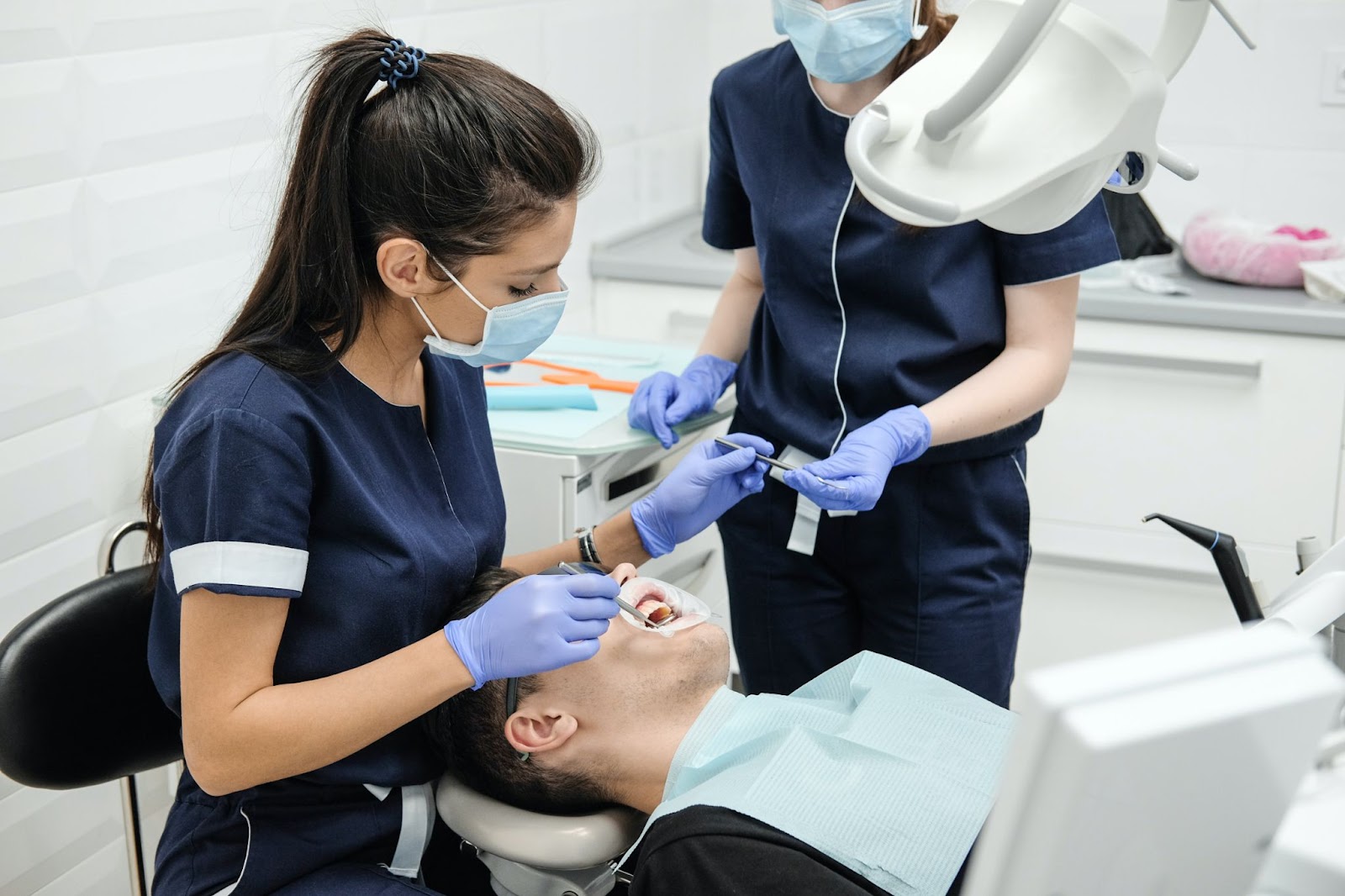




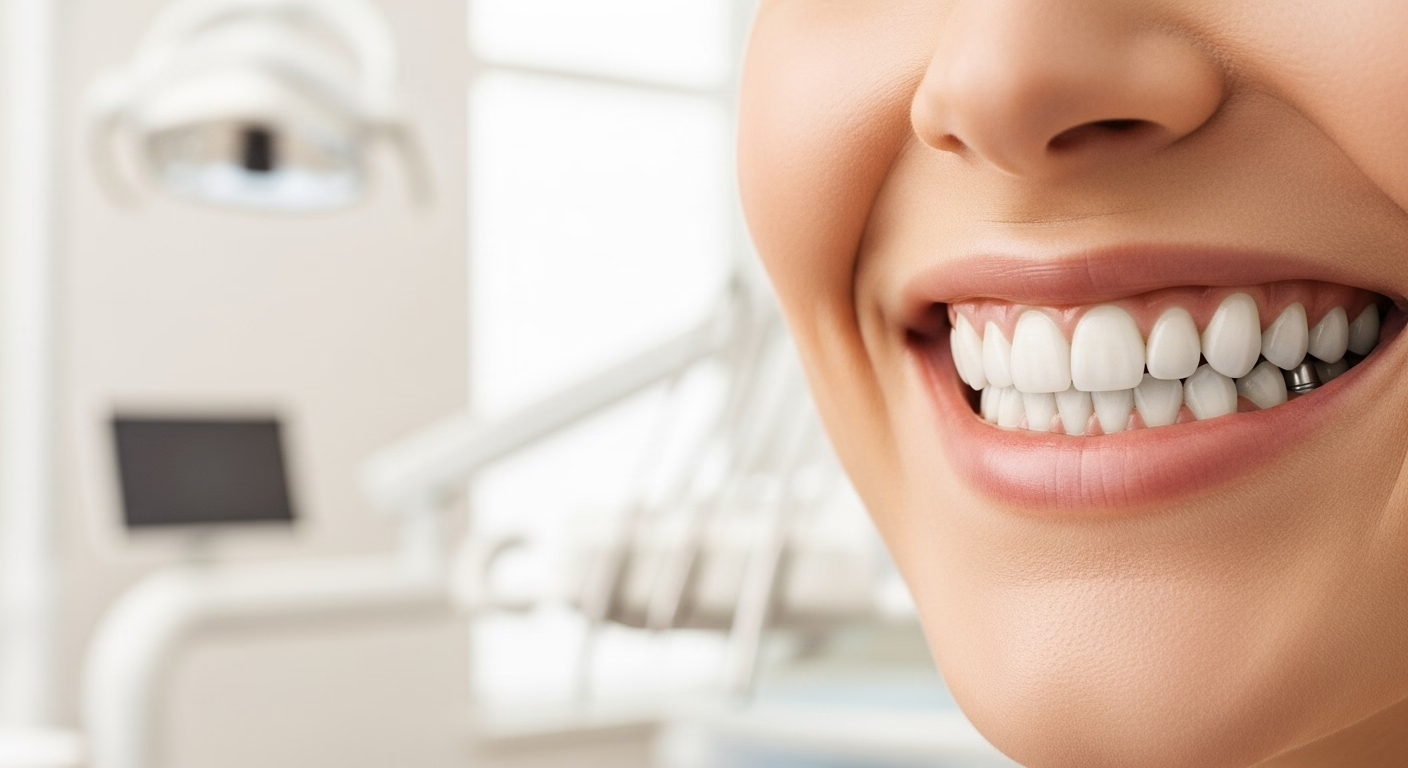
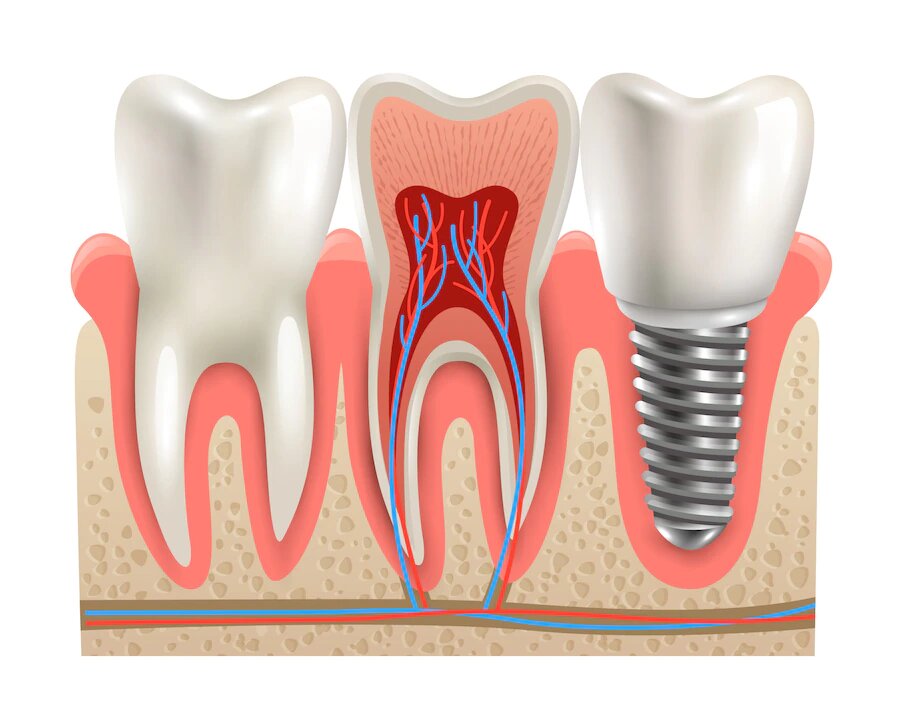
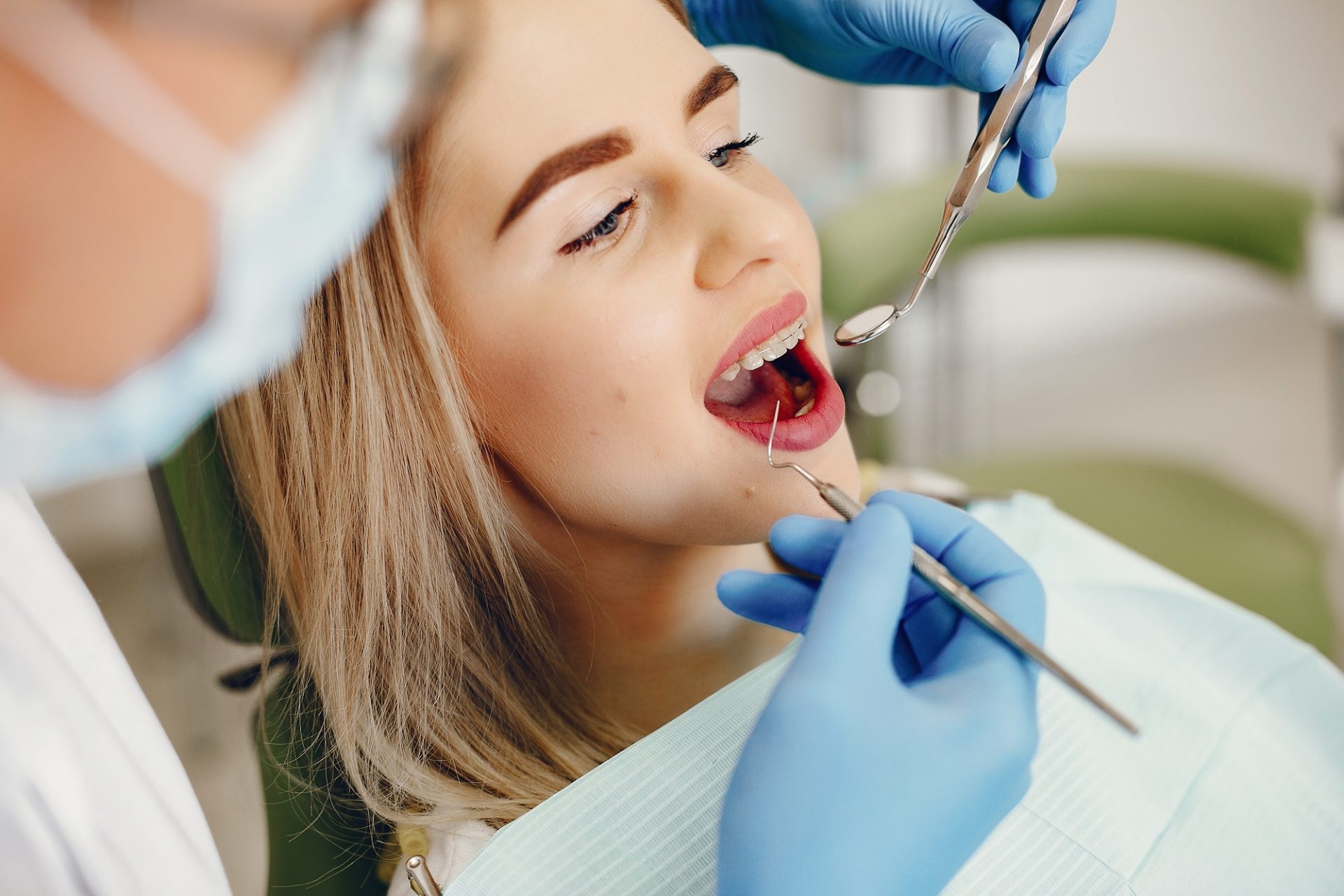







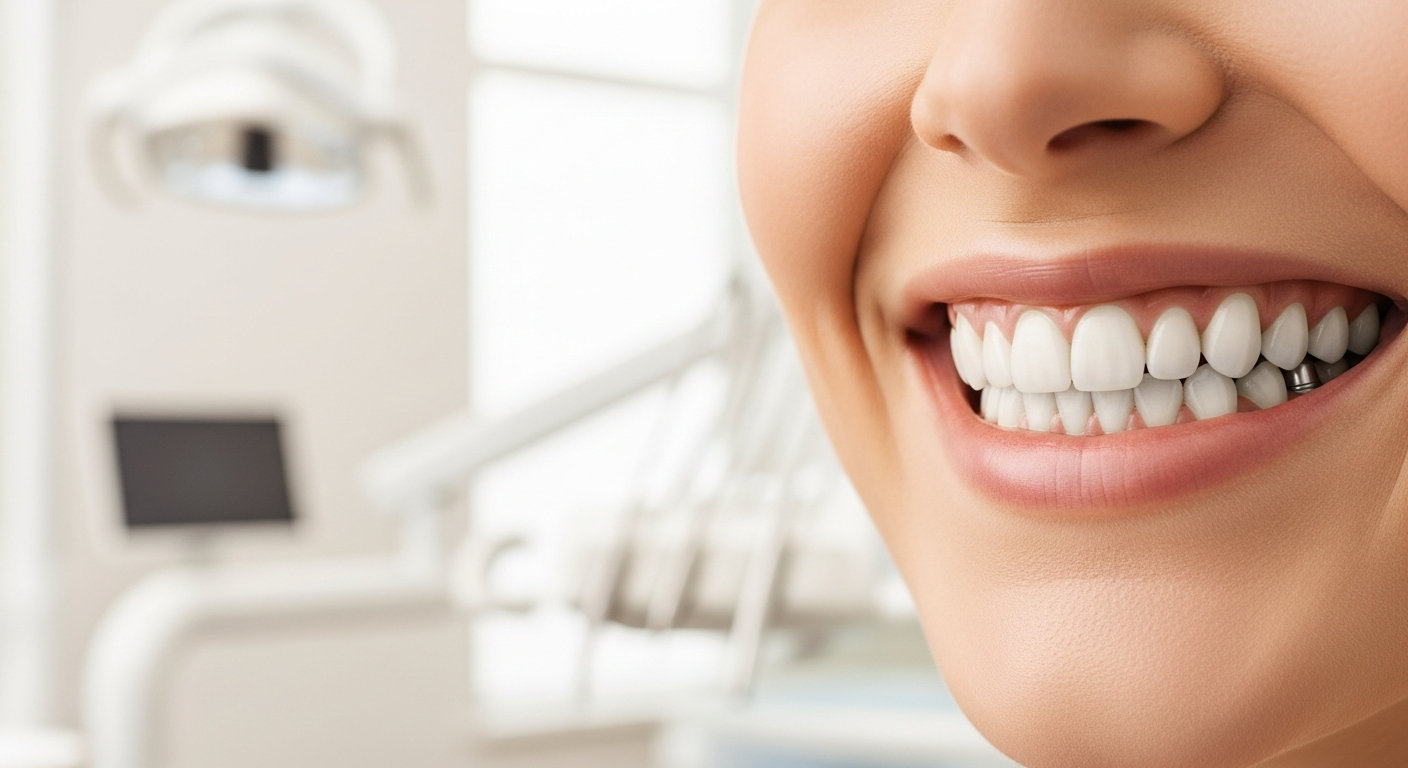

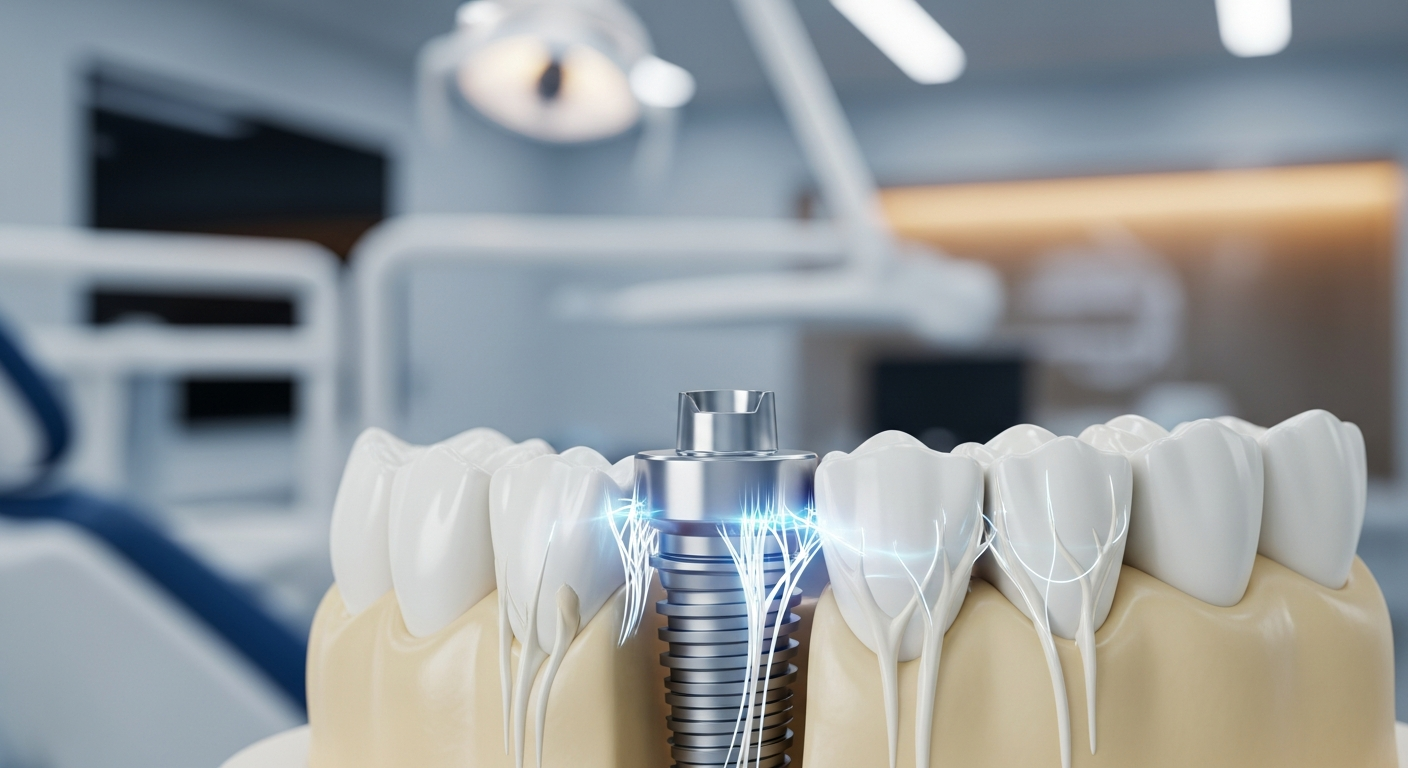
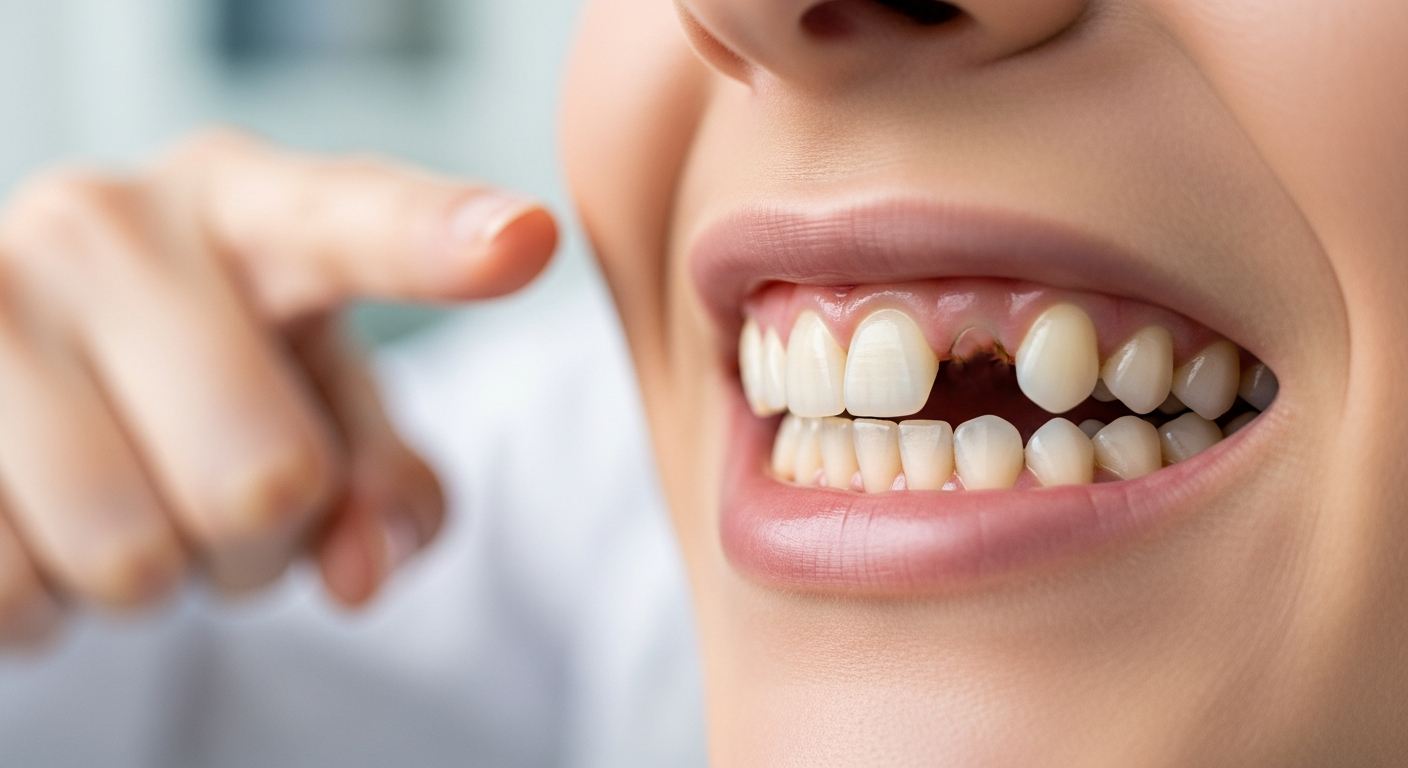




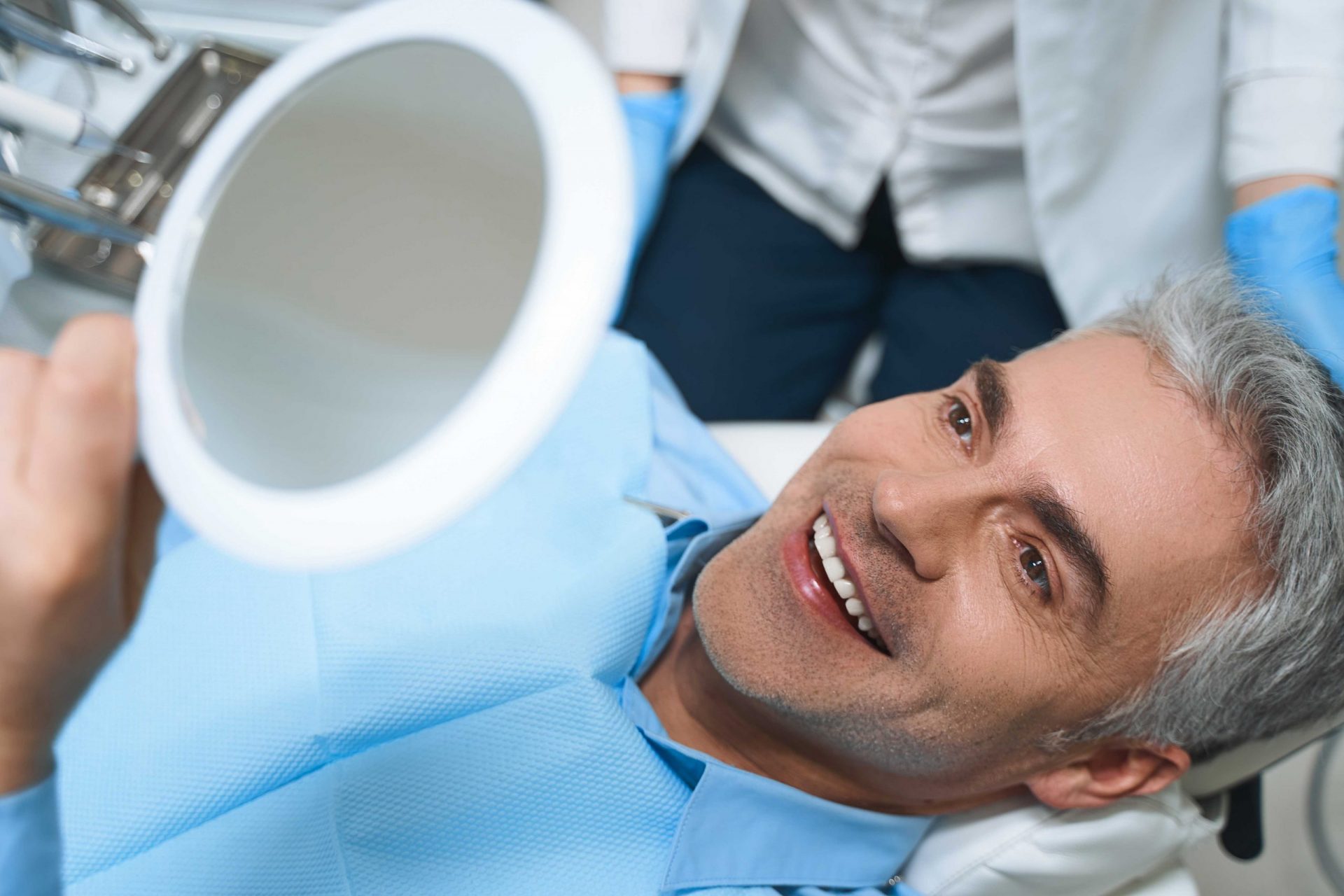
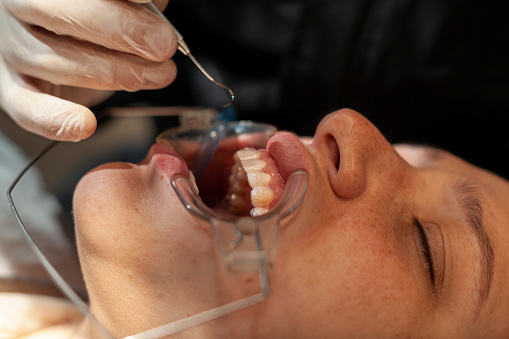

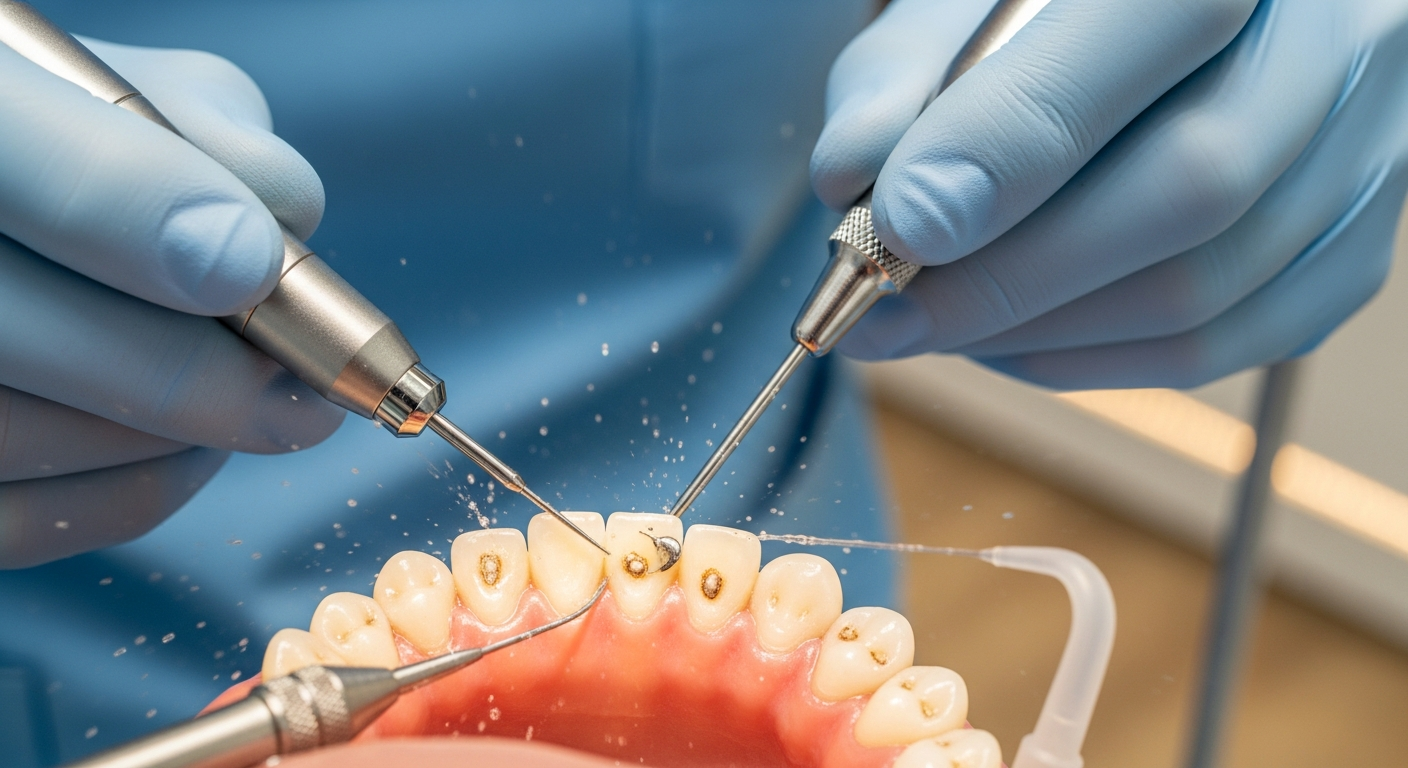

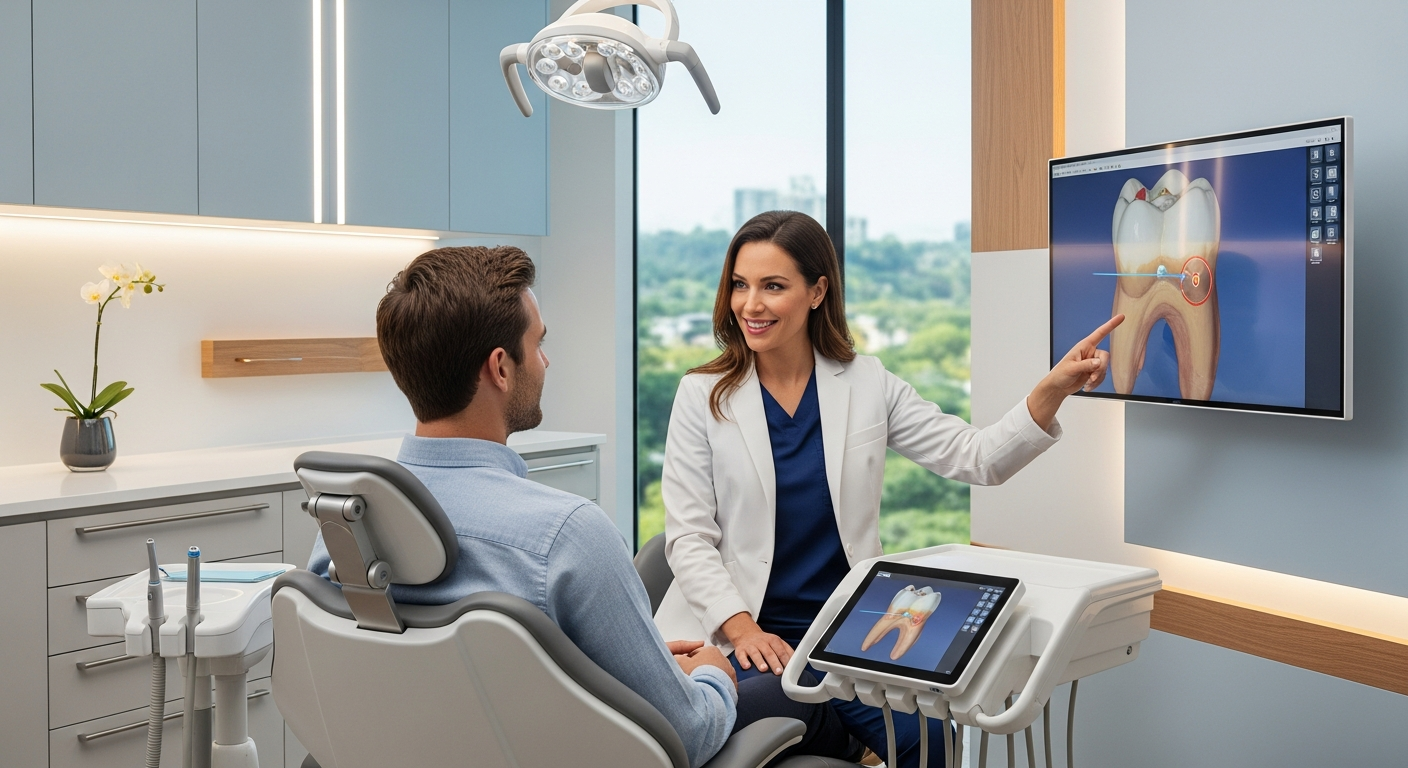
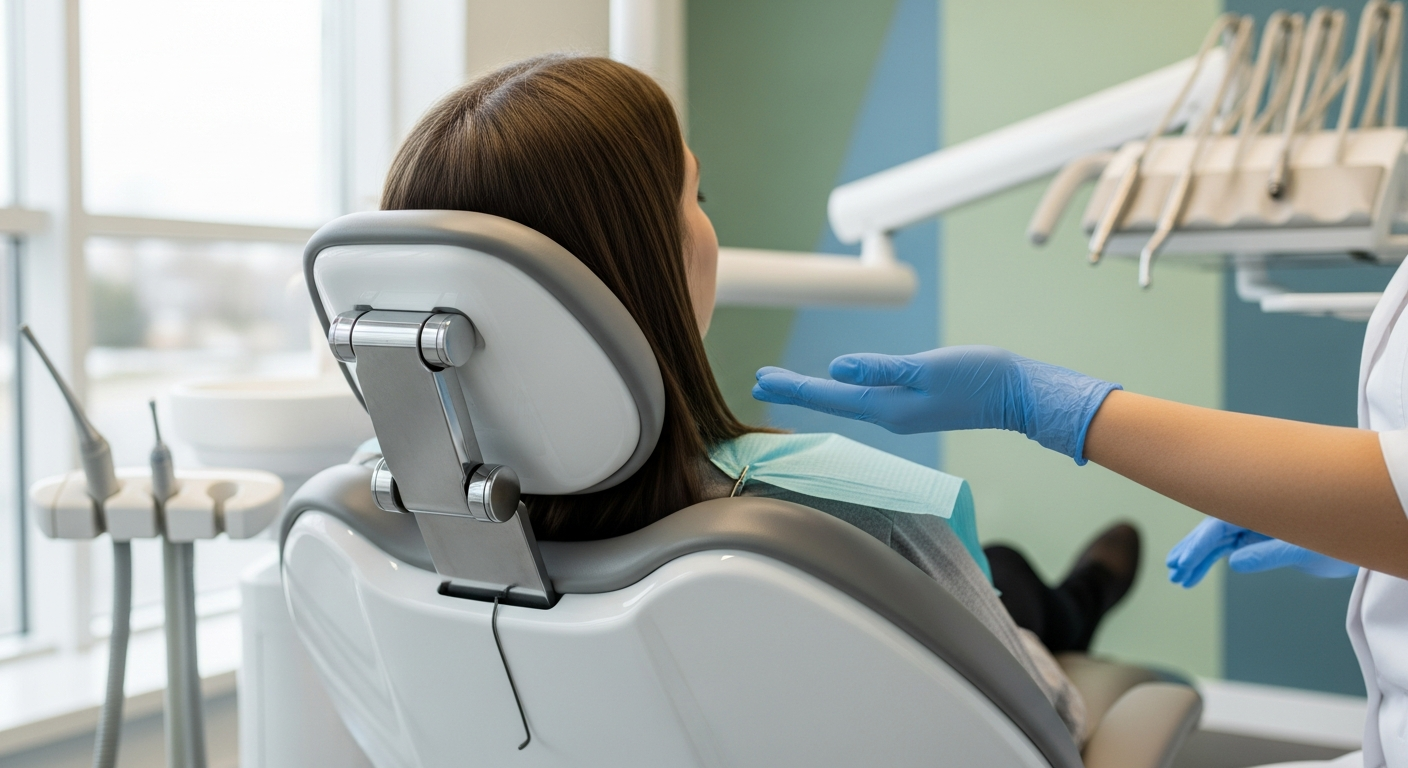

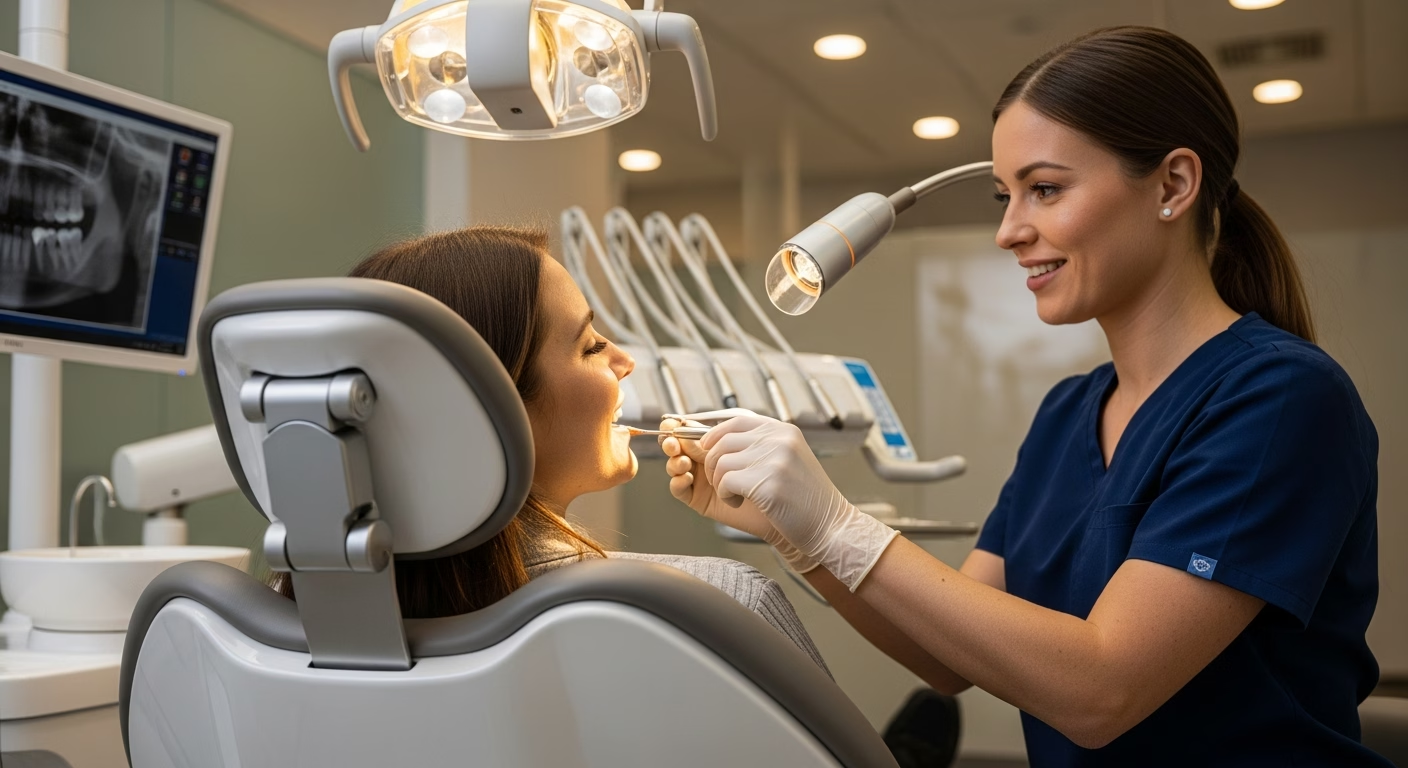
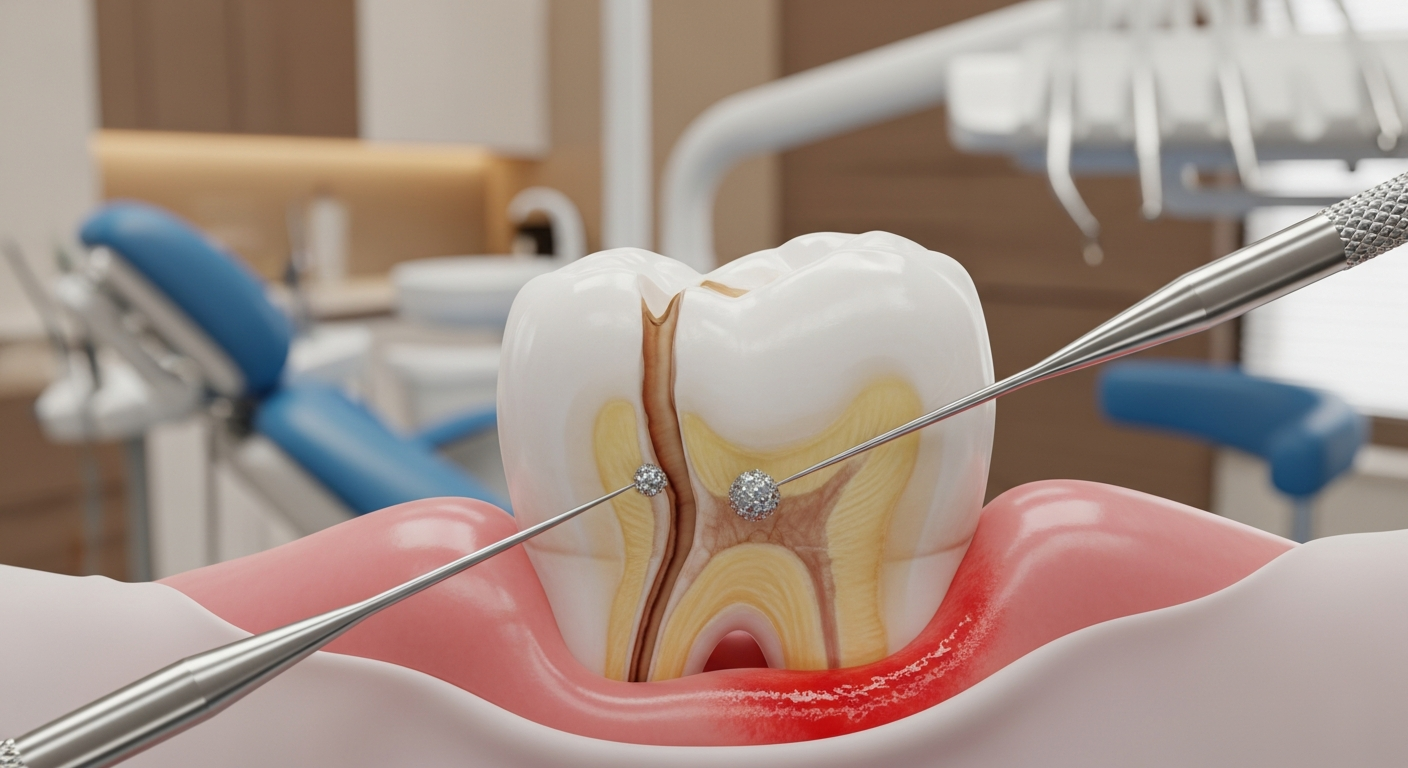




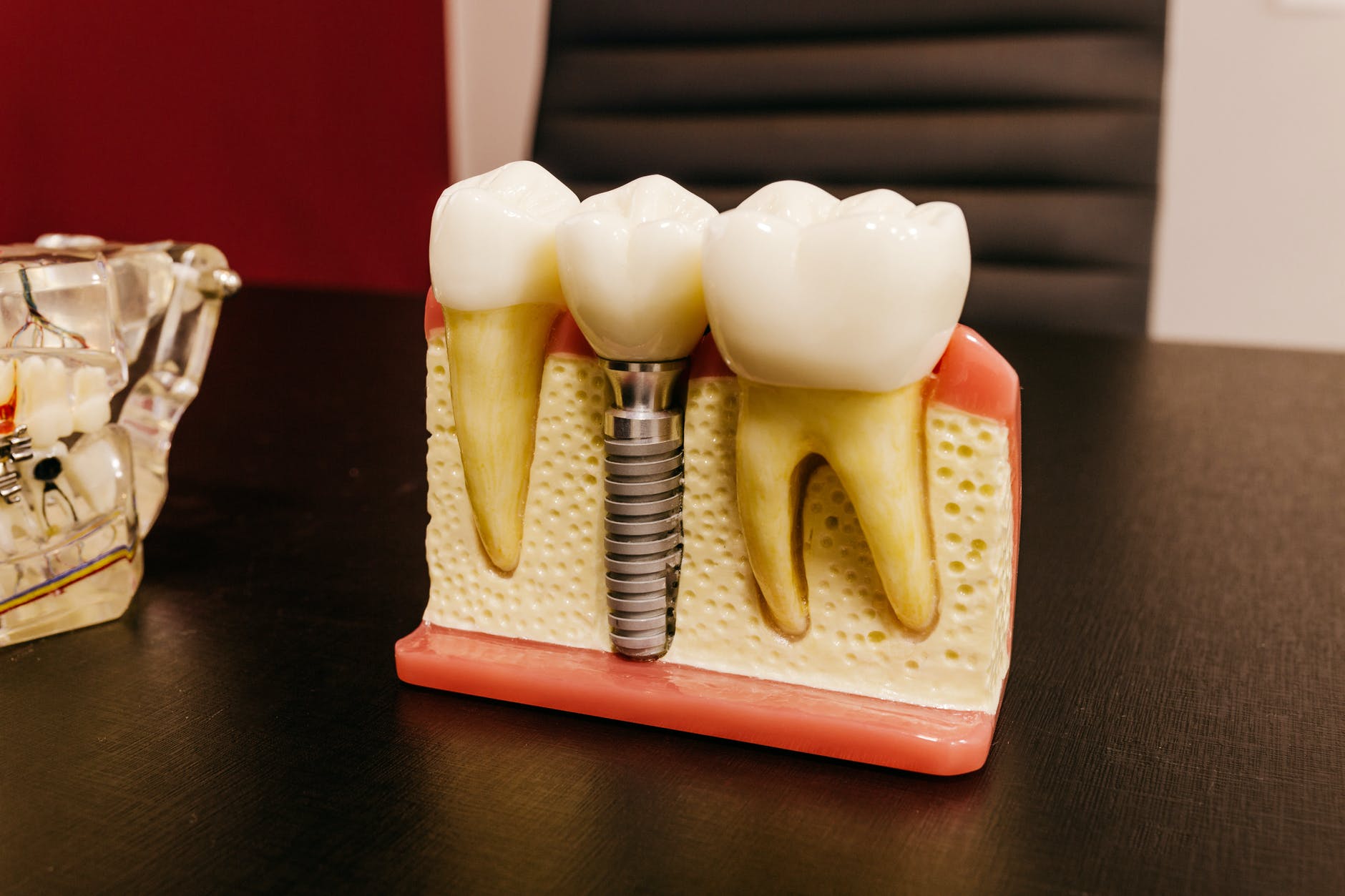


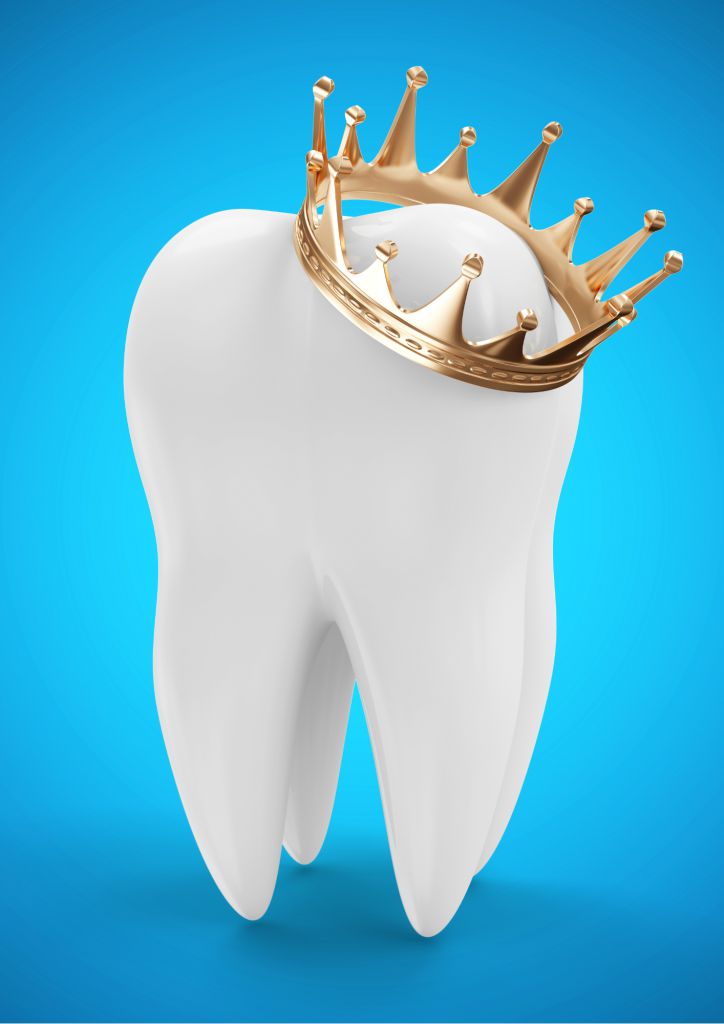



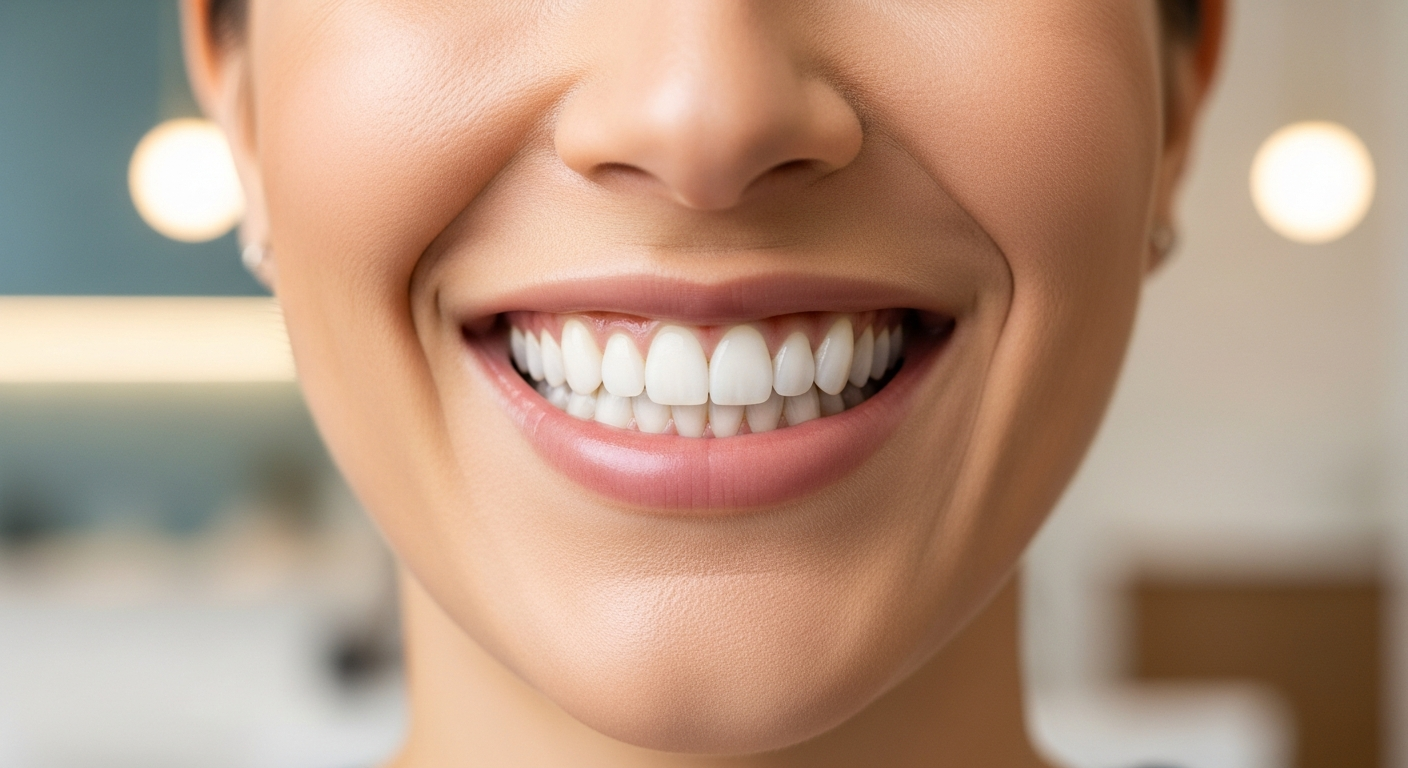



.avif)


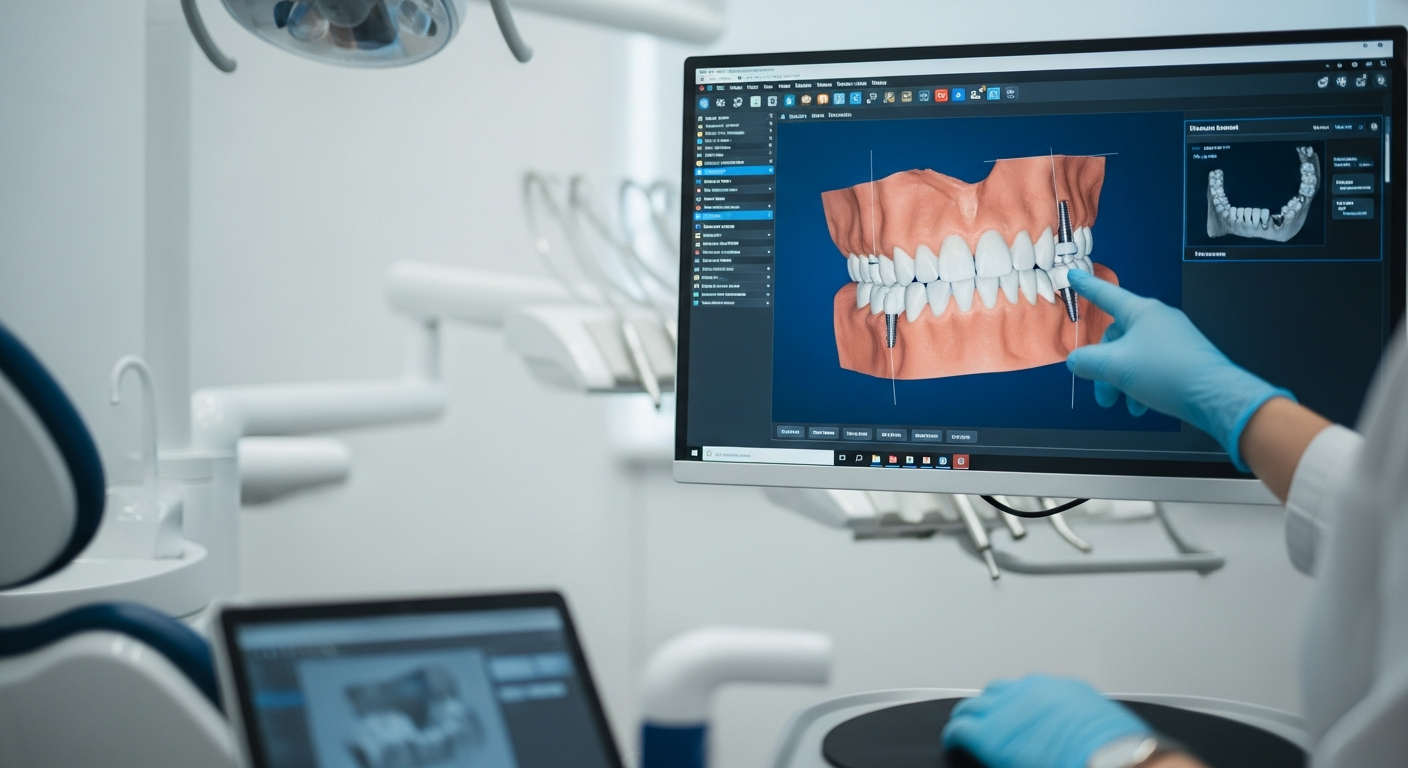



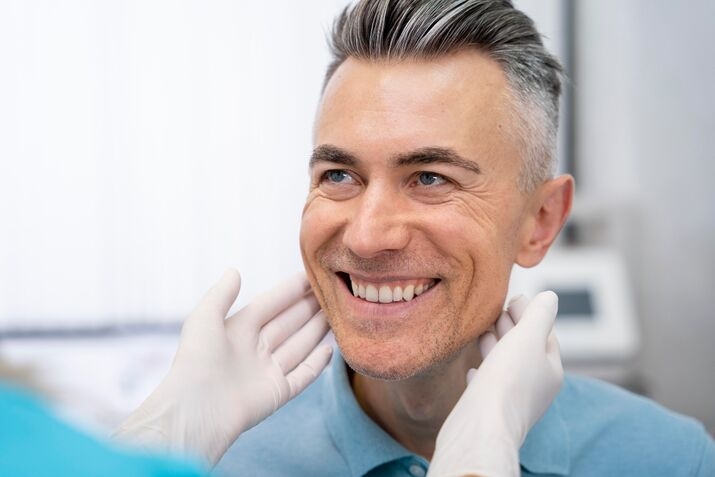
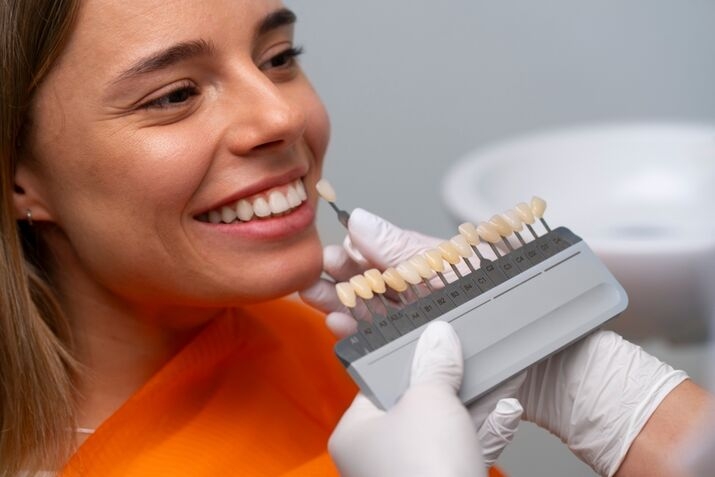
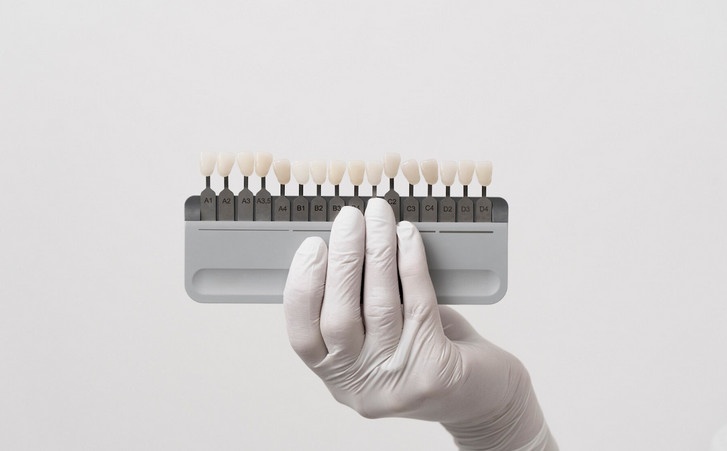

.jpg)


















.avif)


















.jpg)



